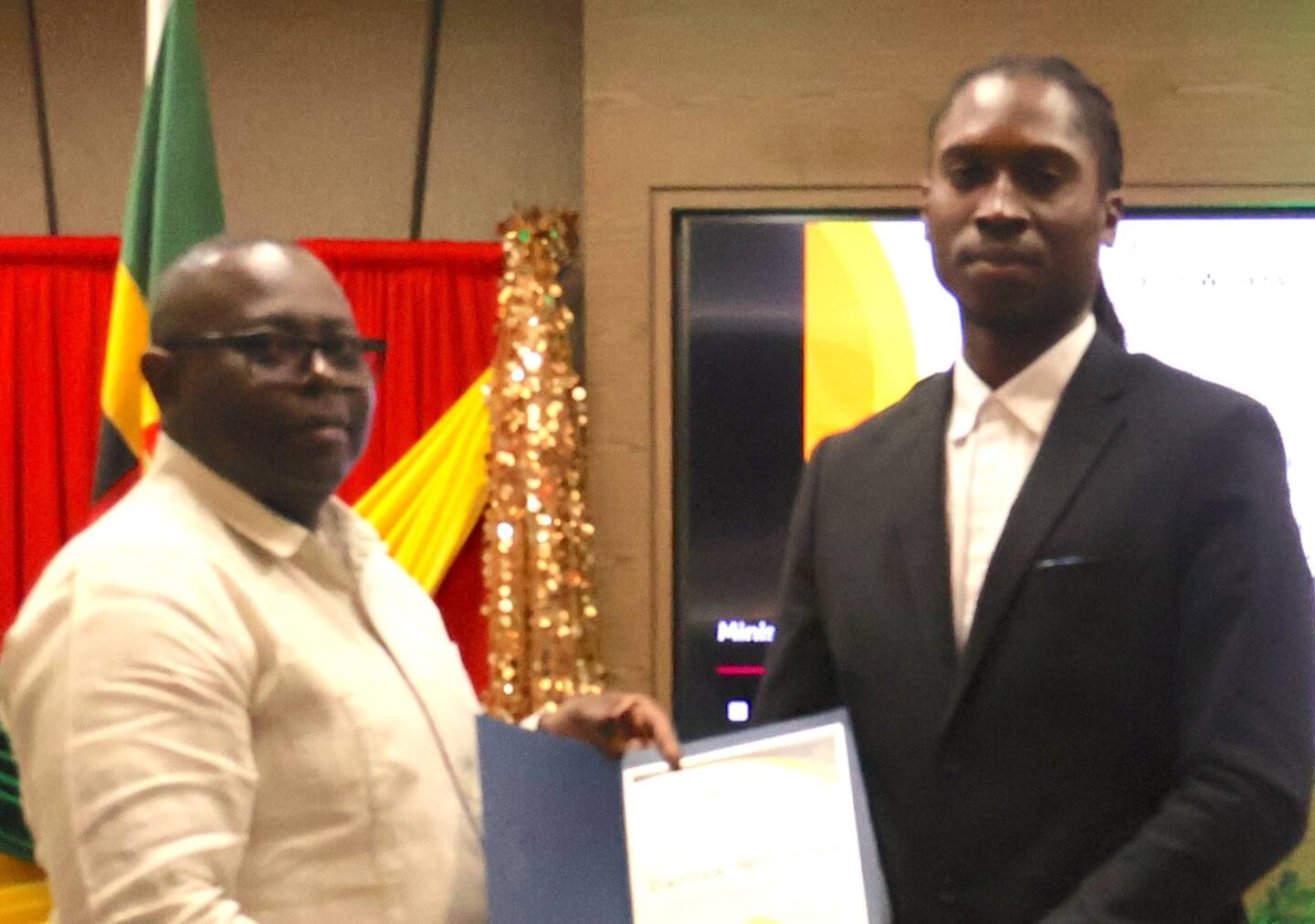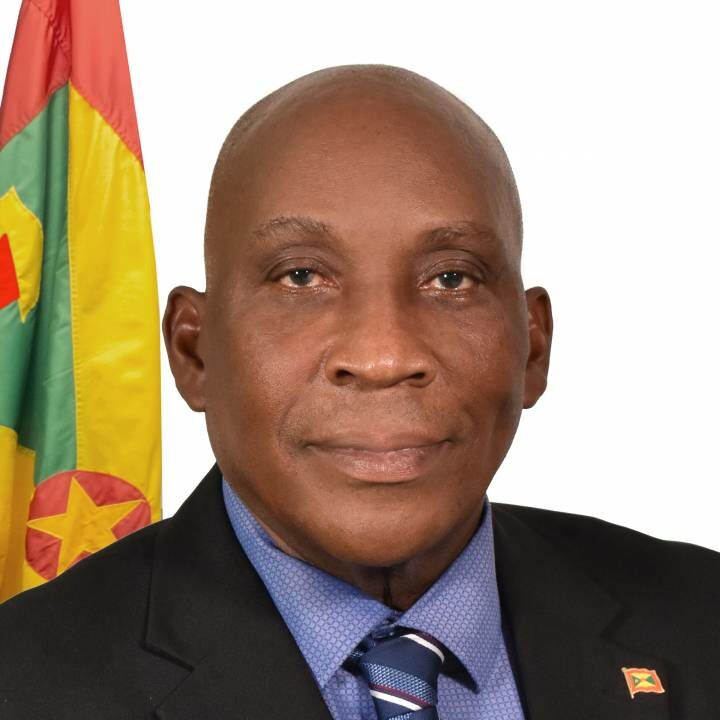By Dr. Lawrence A. Joseph
As Grenada is in the process of reviewing its constitution, it is most important that individuals have a clear understanding as to what is expected from an ideal constitution. This article therefore seeks to inform accordingly. A constitution may be described as a body of laws that establishes and regulates how a state should be governed and it is generally regarded as the supreme law of the land as it supersedes all normal parliamentary legislation. A constitution may be written such as that of Grenada and other Caricom states, or it may be unwritten as that of the United Kingdom (UK), which situation was never planned. In the UK the governance of the country depends a lot on conventions which developed over many centuries for it is not normal for countries to plan to have unwritten constitutions.
One of the positive legacies emanating from modern liberal democracies is that of constitutionalism which constitutes the root of our democratic tradition. Constitutionalism embraces the principle that Government can and ought to be legally limited in its powers and that its authority depends on its commitment to these limitations. In order to abide by this democratic tradition, constitutions usually adhere to certain fundamental principles such as the doctrine of separation of powers, independence of the judiciary and the rule of law. These may be considered to be the key characteristics of an ideal constitution and must always be borne in mind whenever constitutions are being drafted for the first time, amended or reformed.
The doctrine of separation of powers is a constitutional principle which asserts that the functions, personnel and powers of the major institutions of the state should not be concentrated in any one body. This, according to the doctrine, is to prevent the abuse of power, so that the rights and liberties of individuals would not be compromised or jeopardized in any way. Therefore constitutions usually specify the limits to be placed on the major pillars of government being the legislature, which makes the laws; the executive, which implements the laws; and the judiciary, which adjudicates on legal issues before the courts. Whilst this doctrine represents the ideal situation, different countries provide for its adaptation in varying degrees with some measure of overlap.
Independence of the judiciary refers to the situation where judges, in conducting their deliberations on certain legal issues, must be free from being unduly influenced by extraneous factors. These factors may involve political pressure from either the legislature, executive or otherwise, lack of security of tenure, inadequate remuneration, or personal bias as a result of extraneous circumstances. If it is not ensured that judges are adequately protected from extraneous influences, then their decisions may be called into question. In such situations, the fundamental rights and freedoms of individuals within the society may be compromised and their overall confidence in the judicial system would inevitably be undermined.
The principles surrounding the independence of the judiciary are intrinsically linked to the principles inherent in the doctrines of separation of powers and the rule of law. Having a judiciary that is independent of the legislature and the executive is a necessary condition for the fair administration of justice, which in itself is a significant component of the rule of law.
The rule of law is a legal maxim which emphasizes the supremacy of law over powerful individuals within a society. In general no one should be punished or made to suffer except for a breach of law in an ordinary court; no one is above the law; and everyone is equal before the law regardless of social, economic or political status. Some theorists only adopt a formal conception of the rule of law which view contains no requirement about the content of the law and makes no distinction between “good” laws and “bad” laws. On the other hand, the modern trend seems to give more support to the substantive conception of the rule of law which holds the view that the rule of law intrinsically protects some or all individual rights and freedoms and unlike the formal conception, distinguishes between “good” laws and “bad” laws. Therefore “bad” laws as those of former apartheid South Africa are considered to be outside the scope of the rule of law.
Bearing these key characteristics in mind, constitutions themselves are usually drawn up with various sections which include such topics as, a bill of rights which outlines the fundamental rights and freedoms of individuals; acquisition of citizenship; establishment and role of a head of state; the composition and procedure of parliament; the control of public funds; the composition and role of the executive; the role of the public service; and provisions for an independent judiciary.
























